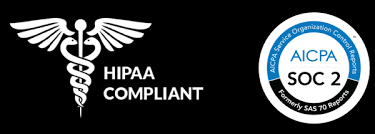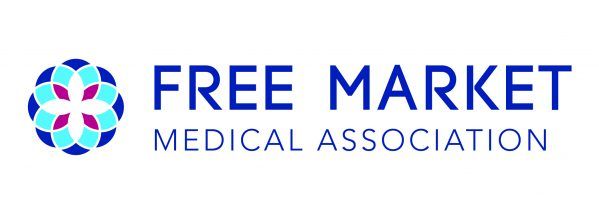Who Regulates Self-Funded Health Plans?
Self-funded health plans, also known as self-insured plans, are a popular option for employers, especially larger ones. These plans differ from fully insured plans where an insurance company assumes the financial risk. In a self-funded plan, the employer itself assumes the financial risk for employee healthcare costs.
So, who regulates these plans?
The regulatory landscape for self-funded plans can be complex, with overlapping jurisdictions and varying degrees of oversight. Here's a breakdown:
1. Federal Regulation:
- Employee Retirement Income Security Act of 1974 (ERISA): This is the primary federal law governing self-funded health plans. ERISA sets minimum standards for employee benefit plans, including:
- Fiduciary duties: Plan sponsors (employers) have a legal obligation to act in the best interests of plan participants.
- Reporting and disclosure requirements: Employers must provide participants with certain information about their plan, such as summary plan descriptions and annual reports.
- Claims procedures: ERISA establishes guidelines for how claims must be processed and appealed.
- Prohibited transactions: Certain transactions between plan assets and parties in interest (such as plan sponsors or their affiliates) are prohibited.
- Health Insurance Portability and Accountability Act of 1996 (HIPAA): HIPAA primarily addresses the privacy and security of protected health information (PHI). While HIPAA doesn't directly regulate plan design or benefits, it has significant implications for self-funded plans, particularly regarding data security and employee privacy.
- Consolidated Omnibus Budget Reconciliation Act of 1985 (COBRA): COBRA generally requires employers to offer continued health coverage to certain employees and their dependents after they lose their jobs or experience a qualifying event (such as divorce or death). Self-funded plans are subject to COBRA's requirements.
- Mental Health Parity and Addiction Equity Act of 2008 (MHPAEA): This law requires that health plans (including self-funded plans) that offer mental health and substance use disorder benefits must do so in a manner that is comparable to coverage for medical and surgical benefits.
2. State Regulation:
- State laws vary significantly: While ERISA generally preempts state laws that relate to employee benefit plans, there are exceptions. States may have laws that:
- Regulate specific benefits: Some states may require certain benefits to be covered in self-funded plans, such as maternity leave or prescription drug coverage.
- Impose taxes or fees: Some states may impose taxes or fees on self-funded plans.
- Enforce consumer protection laws: States may have laws that protect consumers from unfair or deceptive practices, which may apply to self-funded plans.
- State insurance departments: While not typically the primary regulators of self-funded plans, state insurance departments may have some oversight, particularly if the plan uses a third-party administrator (TPA) that is licensed in the state.
3. Other Considerations:
- Third-party administrators (TPAs): TPAs play a crucial role in administering self-funded plans. They typically handle claims processing, customer service, and other administrative functions. TPAs are subject to various state and federal regulations, which can indirectly impact self-funded plans.
- Stop-loss insurance: Many self-funded plans purchase stop-loss insurance to protect themselves from the risk of very high claims costs. Stop-loss insurance is typically regulated by state insurance departments.
Key Takeaways:
- Self-funded health plans are primarily regulated by federal law, primarily ERISA.
- State laws can also have a significant impact on self-funded plans, but their applicability varies widely.
- Plan sponsors have a fiduciary duty to act in the best interests of plan participants.
- HIPAA's privacy and security rules apply to self-funded plans.
- Third-party administrators play a crucial role in administering self-funded plans and are subject to their own set of regulations.
Disclaimer: This blog post is for informational purposes only and should not be construed as legal or tax advice. The information provided may not be applicable to all situations and may change over time.
Conclusion:The regulatory landscape for self-funded health plans is complex and constantly evolving. Employers who sponsor self-funded plans should carefully consider the applicable federal and state laws to ensure compliance and minimize their risk. Consulting with legal and/or benefits professionals is highly recommended.
Note: This blog post provides a general overview of the regulatory landscape for self-funded health plans. It is not intended to be an exhaustive or comprehensive analysis.




